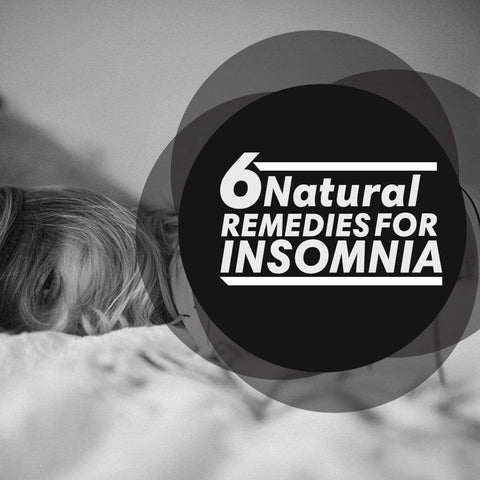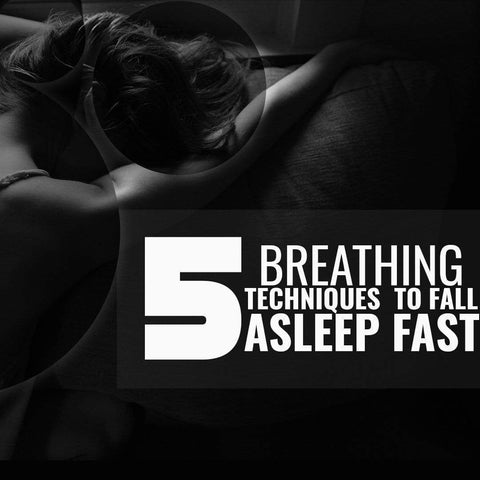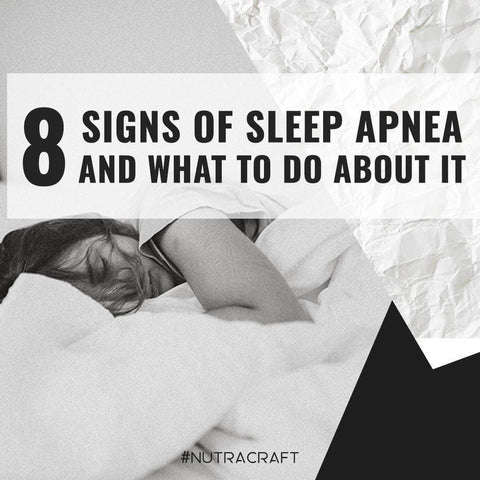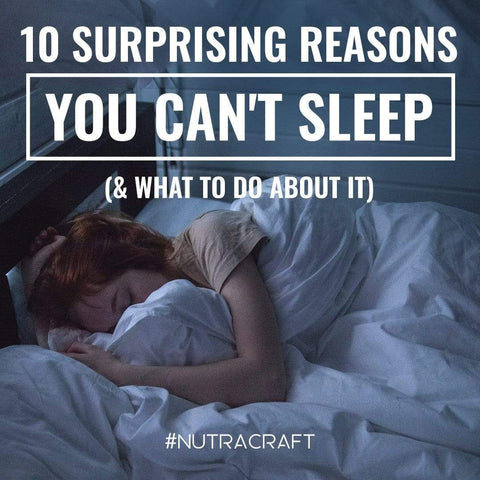
Your brain is a mess without sleep.
Sleep deprivation, especially chronic sleep deprivation, causes tiredness and malaise, and it’s not a problem that can simply be fixed with a shot of caffeine.
Researchers have found that sleep-deprived people simply react more strongly to stressors, even mild stressors, than adequately rested people 2. When exposed to these mild stressors, those who slept less reported more “stress, anxiety, and anger” 2.
The effects of not getting adequate sleep deeply affect the health of your body. Research has correlated sleep loss with increased risk of cardiovascular disease, anxiety, obesity, and other diseases 1.
Perhaps the most crucial purposes of sleep have to do with brain health. Sleep keeps your brain balanced and healthy. So let’s look at how it does that.
1. Sleep Loss Heightens Your Stress Response
Stress is often considered a cause of insomnia, but it turns out that insomnia can also make you feel more stressed out!
When you’re sleeping, cerebrospinal fluid (the fluid in your brain and spinal cord) is responsible for circulating throughout the neurons in your brain and cleansing them of waste
It turns out that the emotionally active area of the brain, the amygdala, is way more active (overactive) in those who are sleep deprived. The sleep deprivation severed the connection between the amygdala and the part of the brain that controls the activity of the amygdala, the prefrontal cortex. In other words, the brain couldn’t regulate your emotions without adequate sleep.
2. Sleep Removes Toxic Waste from Your Brain
Sleep is tremendously important for restoring your brain and nervous system. You need it to regenerate your mind!
Scientists know that “neurotoxic waste products” naturally accumulate in your brain during waking hours 3. including amyloid beta plaque which develops in Alzheimer’s disease 3.
Exclusive Bonus! Download the FREE report ‘3 Key Steps to a Deep Restful Sleep’ by clicking here.
3. Sleep Disturbances Are Correlated with Mental Disorders
Correlational data shows us that nearly all mental disorders are correlated with low sleep quality 4. “Sleep continuity problems” and interruptions in REM sleep were seen in most mental disorders 4.
REM sleep refers to the sleeping period when you dream. Scientists believe that REM sleep is responsible for balancing brain chemistry and forming memories. But if you’re not sleeping, that won’t happen!
4. Sleep Helps You Process Trauma
If you sleep within 24 hours of a traumatic event, it helps your nervous system process the event and not become overactive in the future 5. To put it another way, you’re much less likely to develop PTSD (post-traumatic stress disorder) if you sleep within a day after something very stressful happens.
Once again, we see that our nervous system is balanced and healed by adequate sleep and that our brain is not going to be as stable without some shut-eye.
Want better sleep?
Get enough sleep to be your best self and to stay on top of your mental health. For most people, 7-8 hours a night is the recommendation. If you’re continually deprived of sleep and feel like you need a strong shot of caffeine just to function, that’s not a good sign.
Our just-released guide details three easy steps you can follow to help you fall asleep fast, stay asleep longer, and wake up refreshed and ready to start your day.
Forget the old-fashioned advice like counting sheep. This guide contains clinically researched tips that can help you enjoy a deeper, more relaxed sleep without the need for harsh prescription drugs or habit-forming sleep tabs.








